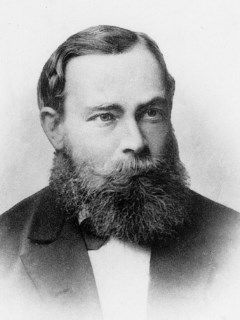
Publication details
Jahr: 2010
Pages: 237-261
Reihe: Synthese
Volle Referenz:
, "The analytic-synthetic distinction and the classical model of science", Synthese 174 (2), 2010, pp. 237-261.


The analytic-synthetic distinction and the classical model of science
Kant, Bolzano and Frege
pp. 237-261
in: Arianna Betti, Willem de Jong (eds), The classical model of science I, Synthese 174 (2), 2010.Abstrakt
This paper concentrates on some aspects of the history of the analytic-synthetic distinction from Kant to Bolzano and Frege. This history evinces considerable continuity but also some important discontinuities. The analytic-synthetic distinction has to be seen in the first place in relation to a science, i.e. an ordered system of cognition. Looking especially to the place and role of logic it will be argued that Kant, Bolzano and Frege each developed the analytic-synthetic distinction within the same conception of scientific rationality, that is, within the Classical Model of Science: scientific knowledge as cognitio ex principiis. But as we will see, the way the distinction between analytic and synthetic judgments or propositions functions within this model turns out to differ considerably between them.
Cited authors
Publication details
Jahr: 2010
Pages: 237-261
Reihe: Synthese
Volle Referenz:
, "The analytic-synthetic distinction and the classical model of science", Synthese 174 (2), 2010, pp. 237-261.



